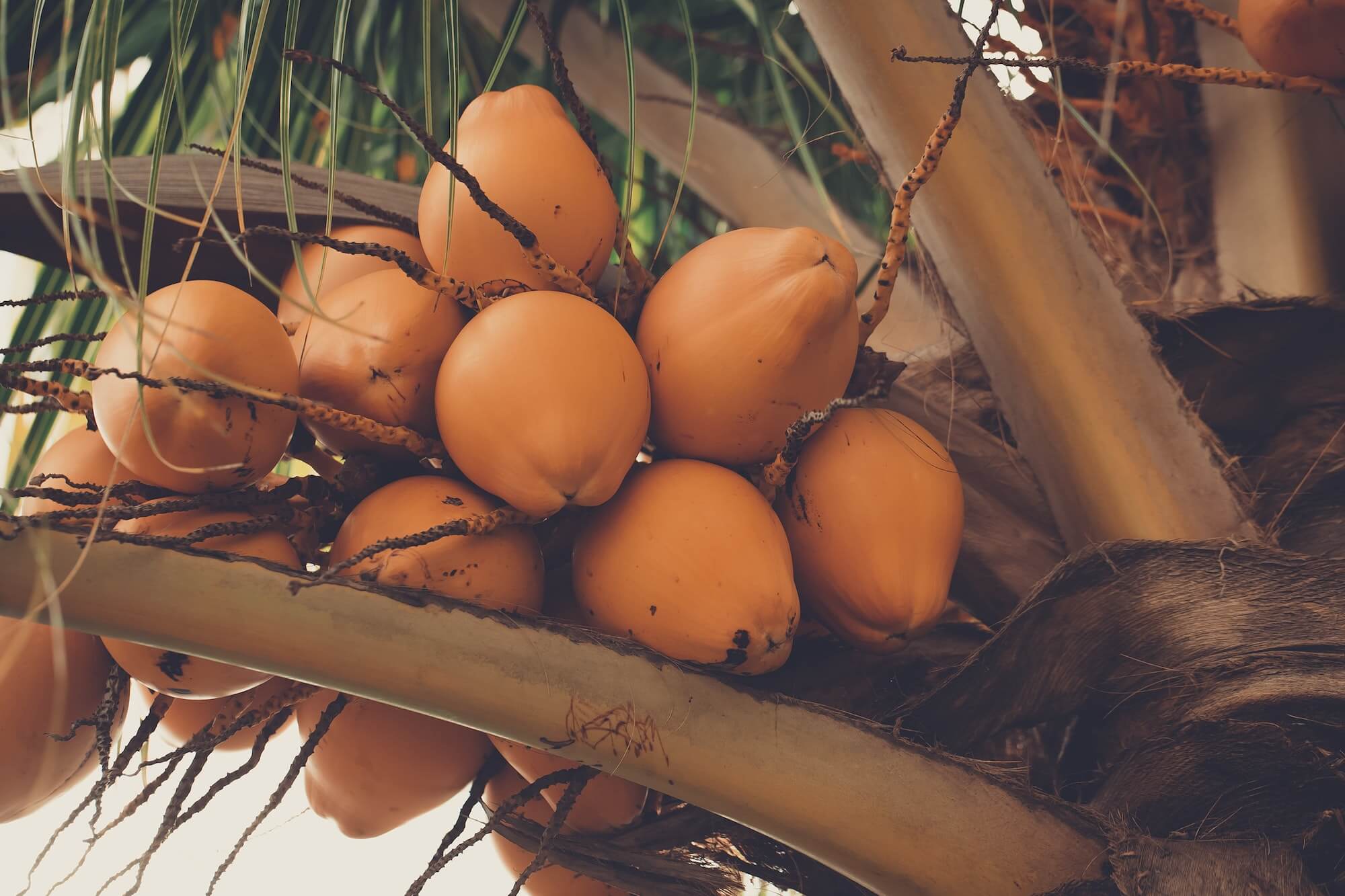Our Social Projects
of the past years
Our Environmental and Social Projects
In Sri Lanka and India
Sri Lanka – EOPPSL Organic Coconut Plantation Project
After several years of intensive preparatory work in cooperation with experts from various fields, MAL was able to lay the foundation for the first environmental and social project in 1996 in order to be able to guarantee ecologically sound raw materials from own cultivation and to make a contribution to sustainable development.
In Sri Lanka more than 70% of the latex and coconut harvested is grown by small farmers. This country is therefore particularly well-suited for the project, as it offers the possibility of “help through self-help”. Through intensive discussions, the small farmers have been convinced that the project has an important purpose and will provide an additional source of income if the conversion of the plantations from mono- to mixed cultivation is successfully implemented. By selling fruit, vegetables and spices grown between the rubber and coconut trees, the small farmers can generate additional secondary income. At the same time, MAL, in cooperation with experts, has developed specific methods to limit soil acidification by natural fertiliser materials in the rubber and coconut plantations.
The conversion of an existing plantation to organic farming takes 2 years, a new organic plantation 6-7 years. Only after this period the first harvest can be made.
However, converting the cultivation is only the first step on the way to a thoroughly sustainable product. MAL also completely converts the processing of the raw materials to the finished product to organic.
India – K.O.R.F.A Organic Latex Plantation Project
The K.O.R.F.A. project is located in the Kerala district of southern India. The main crop in this area is from gum and various spices. The soil there is naturally ideal for organic rubber plantations. About 25% of all rubber plantations in India are in the Kotyam district. Most of the farmers participating in the KORFA project are located in the central and northern part of the Kerala district. Currently, about 50 farmers are involved and a total of 97 hectares of rubber plantations are certified.




